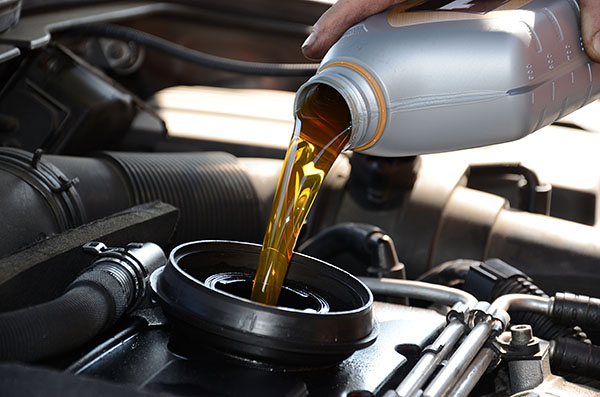
There's something almost sentient about the way our cars communicate with us. It's as if they are gently whispering their needs, or at times, urgently crying out for help. As a car owner, it's crucial to attune your senses to these mechanical signals, especially when it comes to the lifeblood of any vehicle—the engine oil. So how do you discern when your automobile is pleading for that fresh golden nectar? Let's explore the top five signs indicating that it's time for an engine oil change.
1. The Mileage Marker
It's perhaps the most well-known sign, yet often ignored—a substantial increase in mileage since your last oil change. Consult with your vehicle's manual; it knows best about suggested service intervals. Most modern cars flash a reminder on their dashboards, heralding the arrival of an oil change milestone. Don't shrug off this automated caretaker's alert; instead, treat it as an unwavering commandment from your car.
2. Change Of Color
Engine oil starts its life with a rich amber color but undergoes quite a transformation within the internal ballet of engine components. Pull out the dipstick and behold its current state—if you find yourself staring into a dark abyss reminiscent of tar rather than translucent fluid, an exchange is due. Murky oil brimming with particles signals contamination and diminished lubrication potency.
3. Noises From the Engine Bay
Is your car softly growling at you upon ignition or sending tremors through the chassis? It may not be a disgruntled spirit but rather cries from an engine starved for smooth lubrication. Worn-out oil loses its protective qualities and silence against frictional discord, giving rise to all manner of ominous knocks and taps—an automotive SOS if ever there was one.
4. Smoke Signals
Beneath every folklore lies the truth—in this case, witnessing smoke billowing from under your hood should trigger internal alarms instead of inspiring myth-making around campfires! Uncharacteristic exhaust smoke indicates that something isn't right within the combustion chambers and can mean burnt or otherwise faulty oil at play.
5. When Odor Is Telling
Lastly, never underestimate your primal sense—smell. A whiff taken near the exhaust or under the hood that hints at an acrid burning could imply contaminated or overheated oil—not something one should airily dismiss.
Ignore these tell-tale signs at your peril—or embrace them for uninterrupted journeys on roads less traveled! If you spot one or more of them, just give us at Mark's Auto Service a call and we will be glad to help out!